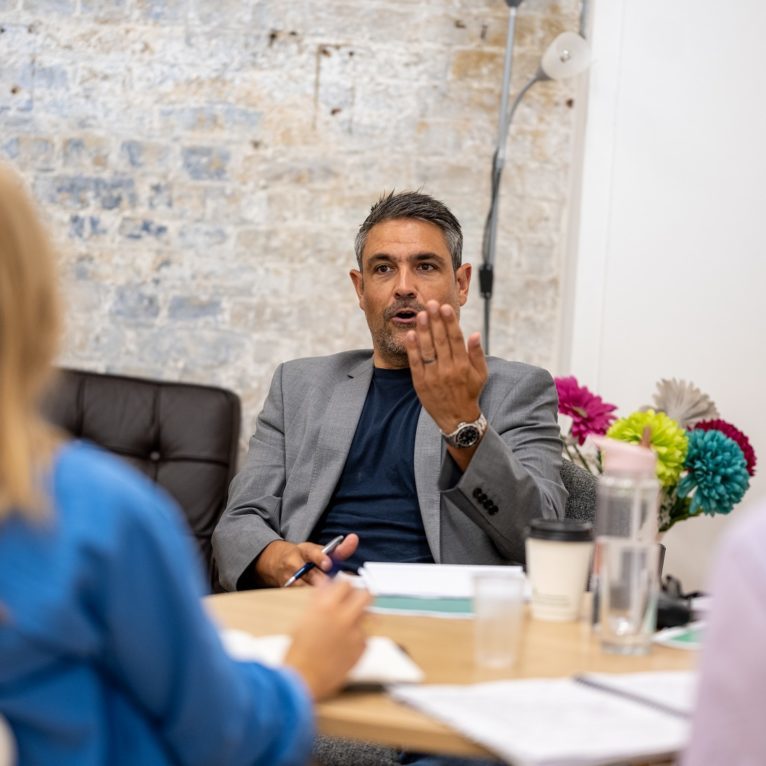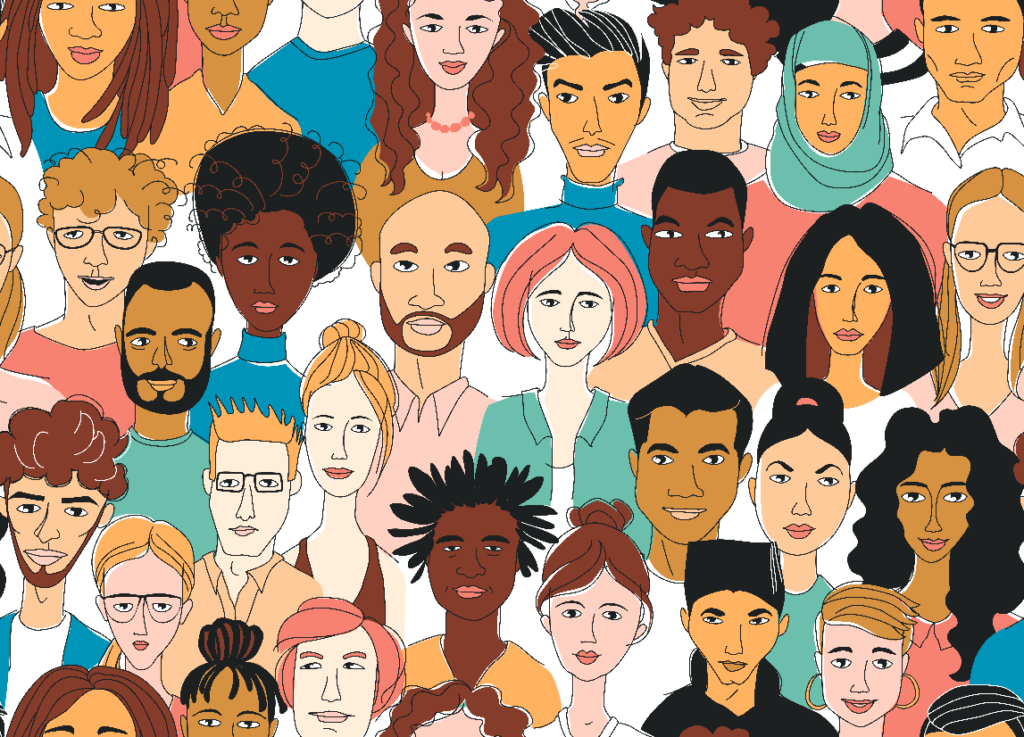
Share article:
Tags:
Penning his book Transformational Culture which was released in 2021, David Liddle, TCM Group’s Founder and CEO searched ‘definition of culture’ in Google and got over 4 million different results! I searched today (Sept 2022) and that number has increased to over 5.5 million results…
These ample results indicate that ‘culture’ is very much a hot topic, with no signs of slowing down, but also suggest some confusion and ambiguity in terms of what the phrase actually means.
So, what is culture to you?
Within the workplace, David defines culture as “How we receive our relationship with our managers or with the various systems and processes of an organisation.” He goes on to explain “These become the climate within which we work and when we aggregate all of these climates or experiences together, these become the workplace culture you are immersed in. Repeated behaviours become fixed into the norms.”
How can you achieve culture shifts/transformations?
The idea of culture transformation may appear an overwhelming or insurmountable task, but David believes you can start small, by simply assessing the manner in which we interact. He says “We can begin to change culture one conversation at a time by redefining the characteristic of our relationship between the colleague and the manager, between colleague and colleague, as well as between the colleague and the systems and the processes within the organisation.”
TCM’s work with Aviva
David was joined in conversation by Anthony Fitzpatrick, Head of Colleague Experience & Employment Policy at Aviva; the UK’s largest insurance company, to explore the practicalities and effects of culture transformation efforts.
TCM supported Aviva by implementing our Total Conflict Management System™. This allowed them to move away from standard grievance procedures, towards an approach that is centred around resolution and mediation. This work led to the organisation recently being shortlisted for the Culture Pioneers award and Personnel Today awards.
Some noteworthy outcomes and insights from Anthony were:
- Aviva’s established grievance procedure was, in actuality, misaligned with their company values, which are: care, commitment, community and confidence. Instead, it was found that workplace disputes were lengthy and adversarial. The company sought to move away from this approach to something that brought their values to life and were simpler for their people to understand.
- The organisation’s commitment to cultural change went as far as to re-thinking and purposing the language they used around workplace disputes. The terms ‘grievance’ and ‘disciplinary’ were removed from their internal communications. Grievance meetings were replaced with ‘resolution meetings’ and the company sought mediation in the first instance.
- Aviva significantly decreased the number of formal dispute proceedings within the company and found that the majority of cases were resolved via triage or informal facilitated conversations with internal mediators. Feedback from employees indicated that many simply wanted someone to listen to them, share their concerns, and perhaps enable a respectful dialogue with the parties involved.
- The company’s executive team, stakeholders and associated trade unions were supportive of the proposed cultural changes. This was given that the business case that was driving these changes would have a positive impact in terms of productivity, employee motivation and employee engagement.
TCM deliver people and culture consulting services and training to support the development and maintenance of your workplace. We offer a variety of training courses, webinars and workshops, investigation, and mediation packages with bespoke options to suit organisational needs. Explore and find out more about our People & Culture services here.
Do you want to explore workplace culture transformation further? Watch our full Transforming Cultures webinar here to listen to the full conversation between David and Anthony.






